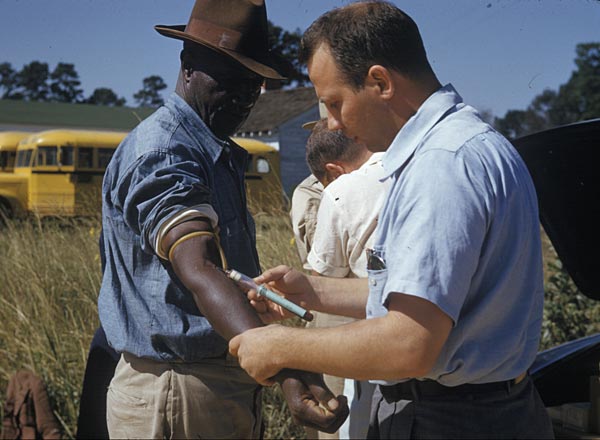Aggregated News

SOUTHPORT, N.C. (AP) — Jean Heller was toiling away on the floor of the Miami Beach Convention Center when an Associated Press colleague from the opposite end of the country walked into her workspace behind the event stage and handed her a thin manila envelope.
“I’m not an investigative reporter,” Edith Lederer told the 29-year-old Heller as competitors typed away beyond the thick grey hangings separating news outlets covering the 1972 Democratic National Convention. “But I think there might be something here.”
Inside were documents telling a tale that, even today, staggers the imagination: For four decades, the U.S. government had denied hundreds of poor, Black men treatment for syphilis so researchers could study its ravages on the human body.
The U.S. Public Health Service called it “The Tuskegee Study of Untreated Syphilis in the Negro Male.” The world would soon come to know it simply as the “Tuskegee Study” — one of the biggest medical scandals in U.S. history, an atrocity that continues to fuel mistrust of government and health care among Black Americans.
“I thought, ‘It couldn’t be,’”...



